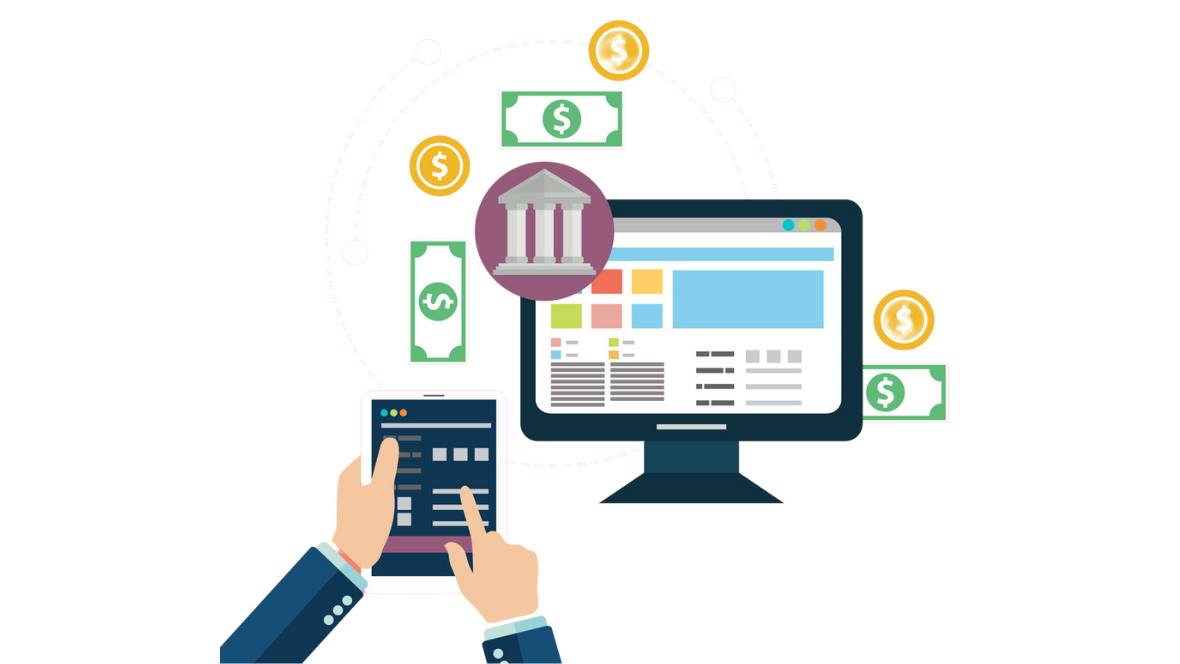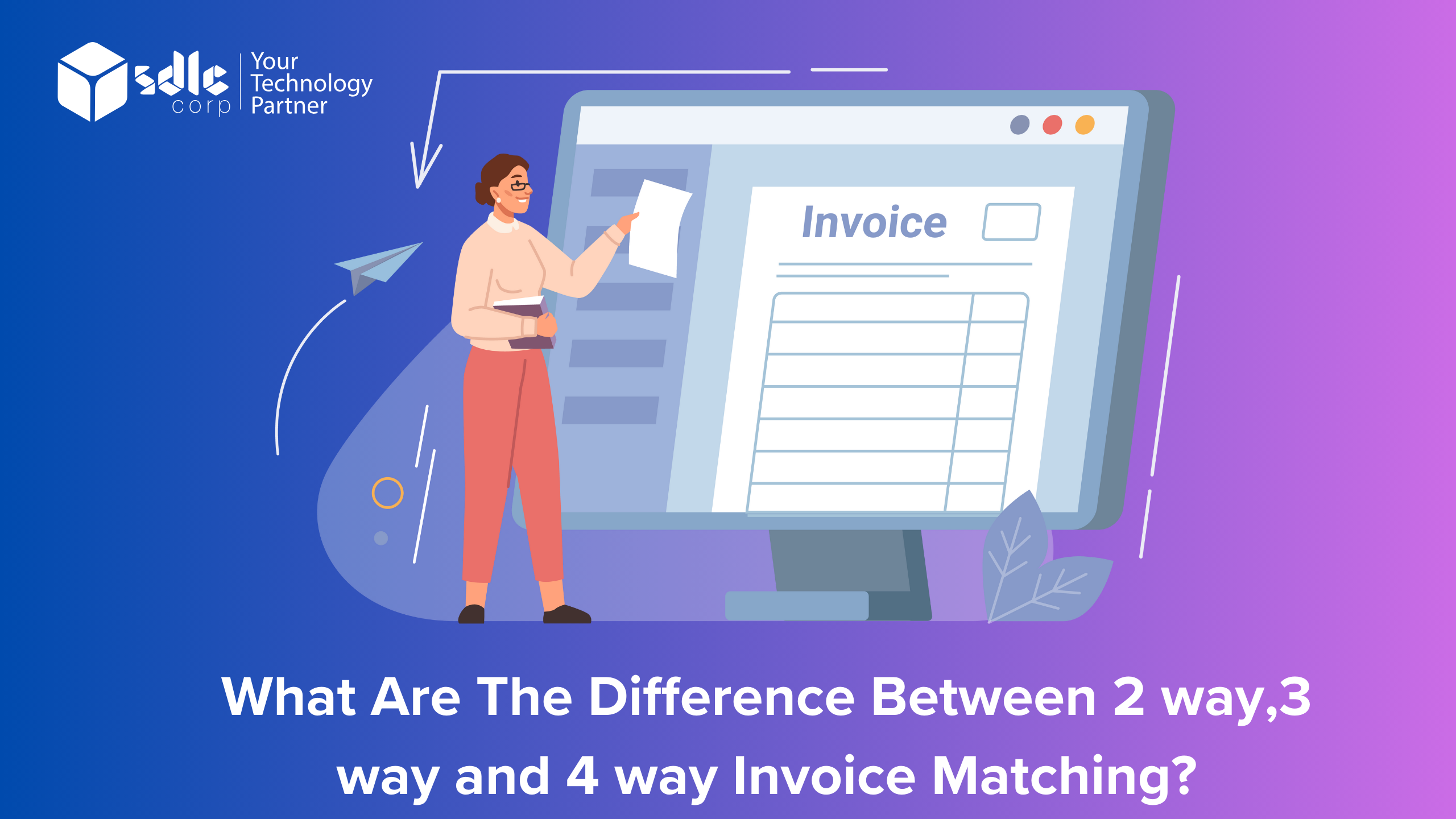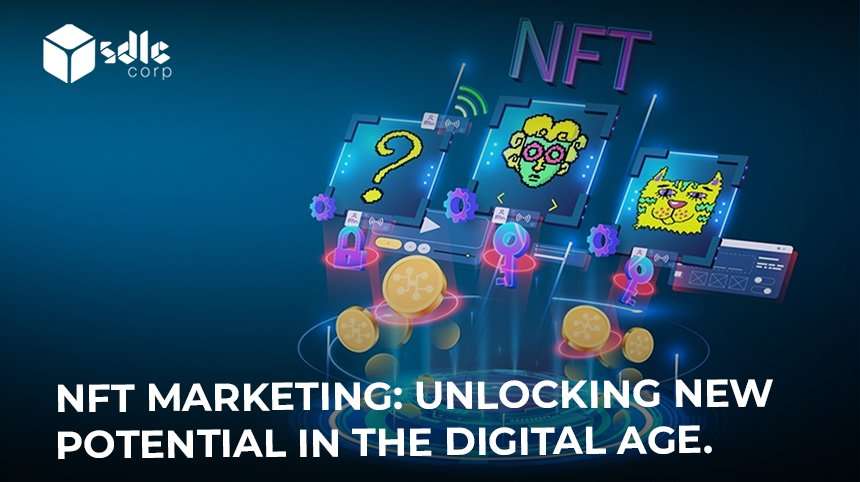What is Electronic Funds Transfer (EFT)?
Electronic Funds Transfer (EFT) simplifies financial transactions by electronically moving money between bank accounts without the need for paper-based methods like checks or cash. It facilitates various types of transfers, including direct deposits for salaries, bill payments, wire transfers for large sums domestically or internationally, and Automated Clearing House (ACH) transfers. EFT transactions are swift, often completing within minutes or hours, and offer convenience, cost-effectiveness, and high security through encryption and authentication measures. PayPal, a widely used platform, also provides wire transfer services, enabling users to send funds from their PayPal account to bank accounts. This service is particularly beneficial for international transactions, albeit subject to fees based on factors like the transfer amount and destination country. Overall, EFT, including services like PayPal wire transfers, streamlines financial transactions by leveraging electronic means for efficiency, convenience, and security.
How its work?
Electronic Funds Transfer (EFT) is a seamless system designed for transferring money electronically between bank accounts without the need for paper-based transactions. This efficient process is initiated by individuals, businesses, or organizations through various channels such as online banking platforms, mobile apps, or ATMs. Upon initiation, the sender’s financial institution verifies the transaction details and ensures adequate funds availability.
Subsequently, the transaction details are routed to the Automated Clearing House (ACH) or other payment processing networks for further processing. During this stage, the ACH acts as a central hub, facilitating the secure transfer of funds between financial institutions.
Once processed, both the sender and recipient receive notifications confirming the transaction. QR code scanners have also become integral in EFT, enabling users to quickly scan payment information via smartphones or dedicated apps, streamlining the initiation process. Finally, upon settlement, the recipient’s financial institution credits the funds to the recipient’s account, making them readily available for use. EFT offers numerous benefits, including speed, convenience, and enhanced security, making it a preferred choice for transferring funds in today’s digital age.

What are the types of EFT (Electronic Funds Transfer)?
Electronic Funds Transfer (EFT) encompasses various types of electronic transactions designed to transfer funds between accounts securely and efficiently. Some common types of EFT include
1. Direct Deposit
2. Wire Transfers
3. ACH Transfers
4. Electronic Check Conversion
This involves converting paper checks into electronic transactions at the point of sale or when processing payments online. The check information is captured electronically, and the funds are transferred electronically from the payer’s account to the payee’s account.
5. Electronic Bill Payment
6. Mobile Payments
"Streamline Your Finances Today - Sign Up for EFT Now!"
1. ACH Transfers as EFT
2. Wire Transfers as EFT
3. Peer-to-Peer Transfer as EFT
Peer-to-Peer (P2P) transfer is a type of Electronic Funds Transfer (EFT) that enables individuals to transfer funds directly from one person’s bank account to another person’s bank account using electronic channels, typically through mobile banking apps or online banking platforms. P2P transfers allow individuals to send money to friends, family, or acquaintances quickly and conveniently without the need for cash or checks.
Users initiate P2P transfers by providing the recipient’s bank account information or using alternative identifiers such as email addresses or mobile phone numbers linked to the recipient’s bank account. Once initiated, the funds are electronically debited from the sender’s account and credited to the recipient’s account, typically within minutes or hours, depending on the banks involved and the processing times.
P2P transfers have become increasingly popular due to their ease of use, speed, and convenience. They are commonly used for various purposes such as splitting bills, paying rent, reimbursing friends, or sending monetary gifts. Additionally, P2P transfer services often offer additional features such as payment reminders, transaction histories, and security measures to ensure the safety and reliability of the transactions.

4. Credit Card/ Debit Card Transactions as EFT
Credit card and debit card transactions are also considered forms of Electronic Funds Transfer (EFT). In these transactions, funds are electronically transferred from the cardholder’s account to the merchant’s account to complete a purchase. Here’s a brief description:
Credit Card/Debit Card Transactions: When a customer makes a purchase using a credit card or debit card, the transaction is processed electronically through the card network (such as Visa, Mastercard, or American Express) and the card issuer’s payment processing system. The cardholder swipes, inserts, or taps their card at the point of sale terminal, or provides card details for online transactions. The merchant’s payment terminal or online payment gateway securely captures the card information and sends it to the card issuer for authorization.
The card issuer verifies the transaction details, including the cardholder’s account status and available credit (for credit cards) or funds (for debit cards). If the transaction is approved, the card issuer authorizes the transfer of funds from the cardholder’s account to the merchant’s account. This authorization typically occurs within seconds, allowing the transaction to proceed smoothly.
Once authorized, the funds are transferred electronically from the cardholder’s account to the merchant’s account, completing the purchase. The cardholder’s account is then debited for the amount of the transaction (for debit cards) or added to their credit card balance (for credit cards). The merchant receives payment for the sale, minus any transaction fees charged by the card network and the card issuer. In the context of credit card and debit card transactions, account payable refers to the amount owed by the cardholder to the card issuer for purchases made using the card. For credit card transactions, the cardholder accrues a balance on their credit card account, which they are required to repay to the card issuer according to the terms of their credit card agreement. For debit card transactions, the amount of the purchase is deducted directly from the cardholder’s bank account, reducing the available balance in their account.
Overall, credit card and debit card transactions serve as convenient and widely used forms of Electronic Funds Transfer, allowing consumers to make purchases electronically while providing merchants with a secure and efficient means of receiving payment for goods and services.
5. Direct Deposits
Direct deposit is a convenient and secure method of electronically transferring funds directly into a recipient’s bank account. It eliminates the need for paper checks and offers numerous benefits for both payers and recipients. Employers, government agencies, and financial institutions commonly use direct deposit for various purposes, including payroll deposits, government benefits, pension payments, and vendor payments.
Direct deposit streamlines the payment process by automating fund transfers, reducing the time and resources required for issuing and processing paper checks. For recipients, direct deposit offers faster access to funds, as the money is deposited directly into their accounts without the need to visit a bank or wait for a check to clear.
Account payable is a term used in accounting to refer to the money a company owes to its suppliers or vendors for goods or services purchased on credit. When a company receives an invoice from a supplier, it records the amount owed as an accounts payable liability until the invoice is paid. Account payable is a crucial component of a company’s working capital management, as it represents funds that will need to be paid out in the near future.
Direct deposit can be utilized for account payable transactions, enabling companies to electronically transfer funds to suppliers or vendors’ bank accounts to settle outstanding invoices. This helps streamline the accounts payable process, reduces the risk of errors associated with manual payments, and improves cash flow management for both the company and its suppliers. By leveraging direct deposit for account payable transactions, businesses can enhance efficiency, reduce administrative costs, and strengthen their relationships with suppliers.
What are the benefits of using EFT (Electronic Funds Transfer)?
1. Speed
2. Convenience
3. Cost-Effectiveness
4. Security
5. Accuracy
6. Accessibility
"Experience Seamless Transactions - Enroll in EFT Today!"
What are some alternatives to Electronic Funds Transfer (EFT)?
Cash Payments
Paper Checks
Money Orders
Cryptocurrency Transactions
Mobile Payment Apps
Conclusion
In conclusion, Electronic Funds Transfer (EFT) is a modern and efficient system for transferring money electronically between bank accounts, eliminating the need for paper-based transactions. Its various types, including Direct Deposit, Wire Transfers, ACH Transfers, Electronic Check Conversion, Electronic Bill Payment, and Mobile Payments, cater to diverse financial needs and preferences. EFT offers numerous benefits, such as speed, convenience, security, and cost-effectiveness, making it a preferred choice for individuals, businesses, and financial institutions worldwide.One prominent type of EFT, ACH Transfers, plays a significant role in facilitating electronic payments by processing transactions through the Automated Clearing House (ACH) network. ACH transfers provide a reliable and cost-effective method for transferring funds between accounts within the same financial institution or across different institutions. Whether it’s paying bills, receiving salaries, or conducting business transactions, ACH transfers offer a streamlined and secure solution for managing financial transactions in today’s digital age.
FAQs
1. What is Electronic Funds Transfer (EFT), and how does it work?
Electronic Funds Transfer (EFT) is a method of transferring money electronically between bank accounts without the need for physical checks or cash. It involves initiating transactions through digital channels such as online banking platforms, mobile apps, or ATMs, which are then processed and settled electronically between financial institutions.
2. What are the types of Electronic Funds Transfer (EFT) transactions?
3. What are the benefits of using Electronic Funds Transfer (EFT)?
4. How secure is Electronic Funds Transfer (EFT)?
5. What are some common uses of Electronic Funds Transfer (EFT) in everyday life?
Contact Us
Let's Talk About Your Project
















